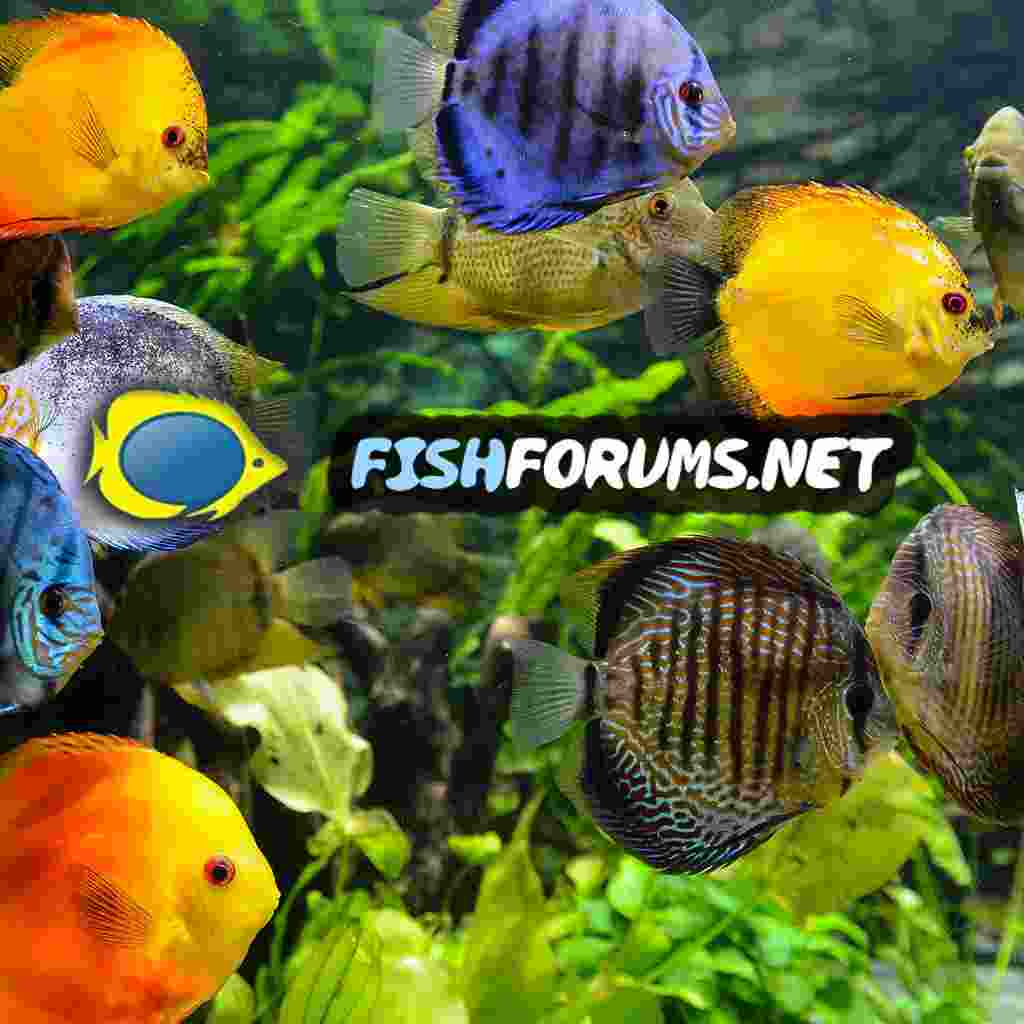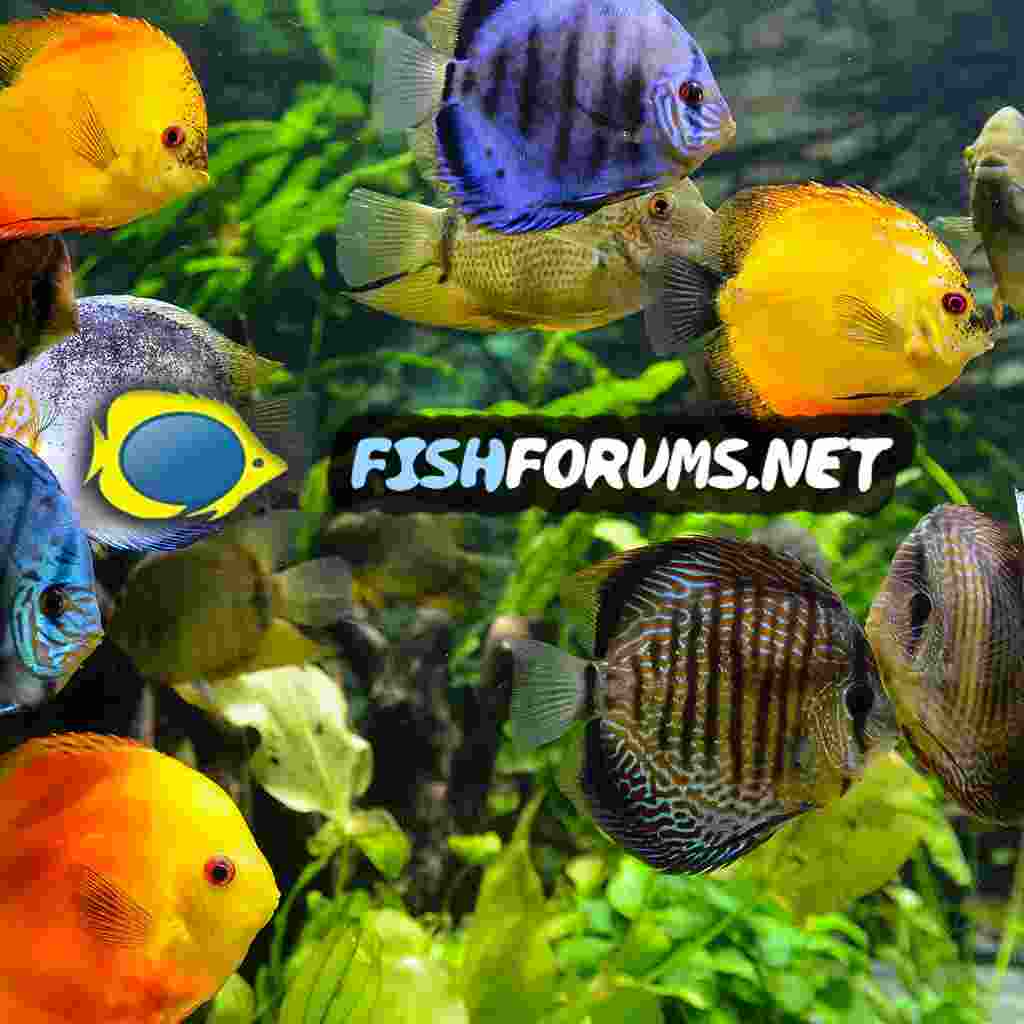Byron Hosking was a long standing member of the forum. He was very knowledgeable about many aspects of fish keeping with many years spent in the field researching and was always willing to share his knowledge. Many members of the forum have benefited from his expertise.
Sadly Byron passed away in early May 2024. He will be sadly missed by everyone on Tropical Fish Forums.
This thread contains many of the posts made by Byron; it preserves some of his vast knowledge so that current and future members may continue to benefit and learn from his wisdom.
Contents
#1 Hardness and Fish
#2 Use of Seachem Equilibrium and Bicarbonate
#3 The Importance of Regular Partial Water Changes
#4 The Importance of GH as a Parameter
#5 The Usefulness of Hitch-hiker Snails
#6 Acclimating Fish
#7 The Effect of Group Size on the Behaviour and Welfare of Fish
#8 The Effects of Light on Fish
#9 Nitrate and Fish
#10 Nitrate and Plants
#11 Substrate and Plants
#12 Scientific Naming of Fish
Hardness and Fish
Freshwater fish species have evolved over thousands of years to function best in a very specific aquatic environment. Water parameters is a significant aspect of environment. The fish's homeostasis, or physical equilibrium, is the complex chain of internal chemical and physical reactions that keep the fish living, from adjusting the blood pH, to digestion, to feeding its tissues, to maintaining a healthy immune system...in short, living. The homeostasis only functions well when the fish is in the environment for which it was designed because the various factors of the environment--of which water parameters is one--affect the various processes either directly or indirectly.
To take just one simple example: when soft water fish are maintained in harder water than that for which their physiology is designed, the calcium extracted by the kidneys from the water that is entering the fish continually through every cell via osmosis (as well as in the gills) accumulates and slowly blocks the kidney tubes. Eventually the fish just dies, with no external signs of why. Studies have shown that the higher the calcium content (the harder the water) the shorter the lifespan before this kills the fish. Such a fish was managing or surviving, but not thriving. A shorter than normal lifespan almost always results, though fish can also die sooner from many other things such as some genetic problem, heart attack, etc.
This is a very important aspect of fish care because any extra effort the fish has to make to compensate for factors in the environment that are not compatible further drains the fish and causes stress. One author likened it to driving a car up a hill; it takes more energy to maintain the same speed uphill as on level ground, and in a fish this energy is being diverted away from essential biological processes just to compensate. And stress is the direct cause of 95% of fish disease, so avoiding stress or keeping it minimum goes a long way to having healthy fish. A simple example...fish will not contract ich even tough it is present, unless they are stressed by something. So keeping them in inappropriate water parameters causes stress and this means the fish will be more likely to develop diseases than otherwise.
From

 www.fishforums.net
www.fishforums.net
Sadly Byron passed away in early May 2024. He will be sadly missed by everyone on Tropical Fish Forums.
This thread contains many of the posts made by Byron; it preserves some of his vast knowledge so that current and future members may continue to benefit and learn from his wisdom.
Contents
#1 Hardness and Fish
#2 Use of Seachem Equilibrium and Bicarbonate
#3 The Importance of Regular Partial Water Changes
#4 The Importance of GH as a Parameter
#5 The Usefulness of Hitch-hiker Snails
#6 Acclimating Fish
#7 The Effect of Group Size on the Behaviour and Welfare of Fish
#8 The Effects of Light on Fish
#9 Nitrate and Fish
#10 Nitrate and Plants
#11 Substrate and Plants
#12 Scientific Naming of Fish
********************************************************************************************************************************************
Hardness and Fish
Freshwater fish species have evolved over thousands of years to function best in a very specific aquatic environment. Water parameters is a significant aspect of environment. The fish's homeostasis, or physical equilibrium, is the complex chain of internal chemical and physical reactions that keep the fish living, from adjusting the blood pH, to digestion, to feeding its tissues, to maintaining a healthy immune system...in short, living. The homeostasis only functions well when the fish is in the environment for which it was designed because the various factors of the environment--of which water parameters is one--affect the various processes either directly or indirectly.
To take just one simple example: when soft water fish are maintained in harder water than that for which their physiology is designed, the calcium extracted by the kidneys from the water that is entering the fish continually through every cell via osmosis (as well as in the gills) accumulates and slowly blocks the kidney tubes. Eventually the fish just dies, with no external signs of why. Studies have shown that the higher the calcium content (the harder the water) the shorter the lifespan before this kills the fish. Such a fish was managing or surviving, but not thriving. A shorter than normal lifespan almost always results, though fish can also die sooner from many other things such as some genetic problem, heart attack, etc.
This is a very important aspect of fish care because any extra effort the fish has to make to compensate for factors in the environment that are not compatible further drains the fish and causes stress. One author likened it to driving a car up a hill; it takes more energy to maintain the same speed uphill as on level ground, and in a fish this energy is being diverted away from essential biological processes just to compensate. And stress is the direct cause of 95% of fish disease, so avoiding stress or keeping it minimum goes a long way to having healthy fish. A simple example...fish will not contract ich even tough it is present, unless they are stressed by something. So keeping them in inappropriate water parameters causes stress and this means the fish will be more likely to develop diseases than otherwise.
From

Hard water species in soft water?
Can hard water fish species such as guppies and platies adapt to soft water, there are some really nice looking guppies in my lfs, they’ve had them in their tanks for a while and talking to the manager they’re in soft water and seem to be doing well? I’m not sure whether they’re captive bred...
 www.fishforums.net
www.fishforums.net



